Venezuela signals ‘partial agreements’ at talks with opposition in Mexico
A senior Venezuelan government official has said negotiations with the opposition were being conducted in a cordial atmosphere in Mexico and so far yielded "partial agreements."
National Assembly President Jorge Rodriguez, who heads an official delegation in talks with the country's opposition in Mexico, arrived in Mexico City on Friday to conduct a second round of negotiations with the opposition delegation.
He said on Saturday that the second round of talks, which were scheduled to end on Monday, yielded "partial agreements."
"We have been working mainly on partial agreements, especially those related to serving the people of Venezuela," Rodriguez told reporters.
However, no information on the nature of the agreements between the two sides has been released, so far.
Caracas aims to ease international sanctions on the Venezuelan nation while the opposition says it aims to use the talks to secure guarantees for free and fair regional elections to be held in the fall.
The head of the opposition delegation, Gerardo Blyde, said the talks were "complex," but expressed hope that they "will seek to alleviate the crisis."
The negotiations mediated by Norway and hosted by Mexico, aim to resolve the years-long crisis in the Latin American country.
The meeting has a seven-point agenda including the easing of sanctions, political rights, and electoral guarantees -- but not the removal of Venezuelan President Nicolas Maduro, whom the opposition accused of fraudulent reelection in 2018.
The government is "very attentive" to all the economic guarantees that have been "wrested, blocked, stolen, withdrawn from the people of Venezuela," said Rodriguez, adding that the Venezuelan government seeks a partial, if not total, lifting of harsh sanctions in exchange for concessions to the opposition.
The country’s opposition alliance, the so-called Democratic Unity Roundtable (MUD), which is led by the US-sponsored opposition figure Juan Guaido, changed course this week when it said that it would end a three-year election boycott and take part in mayoral and gubernatorial elections in November.
Maduro welcomed the lifting of the boycott as “worthy of applause,” saying that the “popular sovereignty has been reimposed.”
“I will sit in my armchair with popcorn on November 21 to watch Juan Guaido vote,” he said in a televised speech on Tuesday. “And there, I will applaud because we managed to include him in democracy again.”
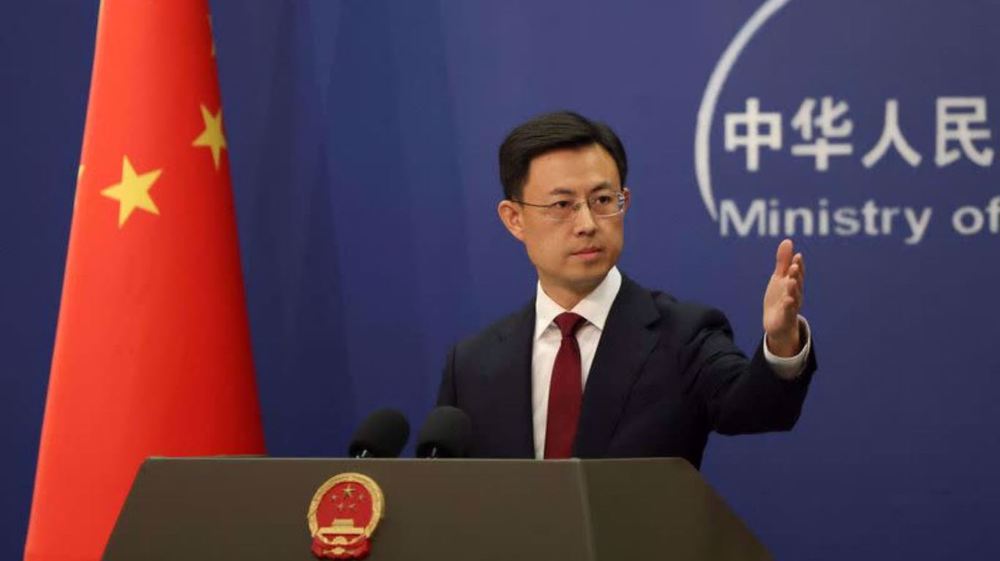
China condemns US decision to punish Venezuelan oil importers
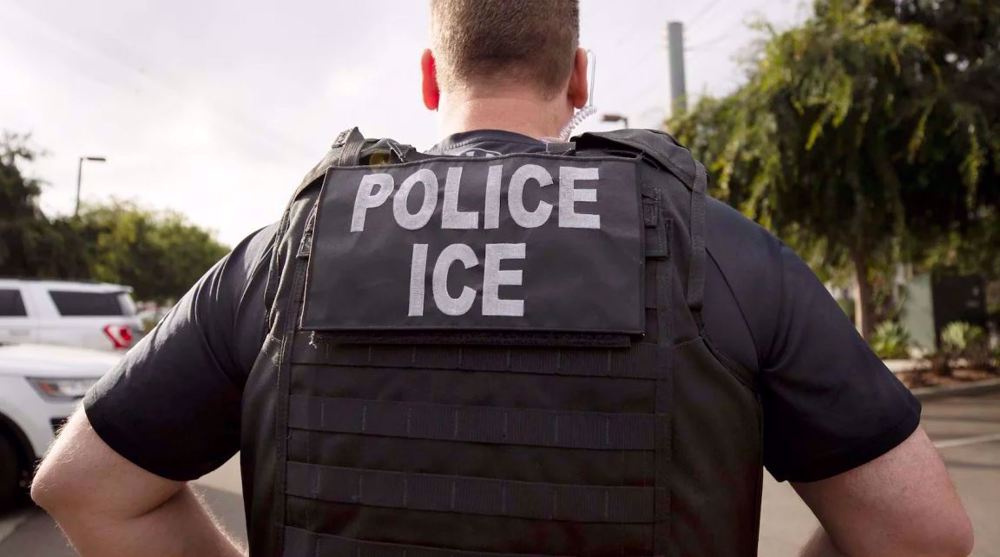
532,000 migrants face deportation after Trump revokes protections

'Brazen theft': Venezuela raps US seizure of plane after high-level talks
US launches more airstrikes on various areas across Yemen
VIDEO | Press TV's news headlines
VIDEO | Parisians hold rally in support of Palestinians
Nigerian security agents plan fresh attacks on followers of Sheikh Zakzaky in Abuja: Report
Bill to seize mosques in India gains presidential assent
Over 600,000 children in Gaza at risk of ‘permanent paralysis’: Ministry
VIDEO | US, Europe anti-Trump protests
Yemen accuses US of targeting civilians in Eid airstrike


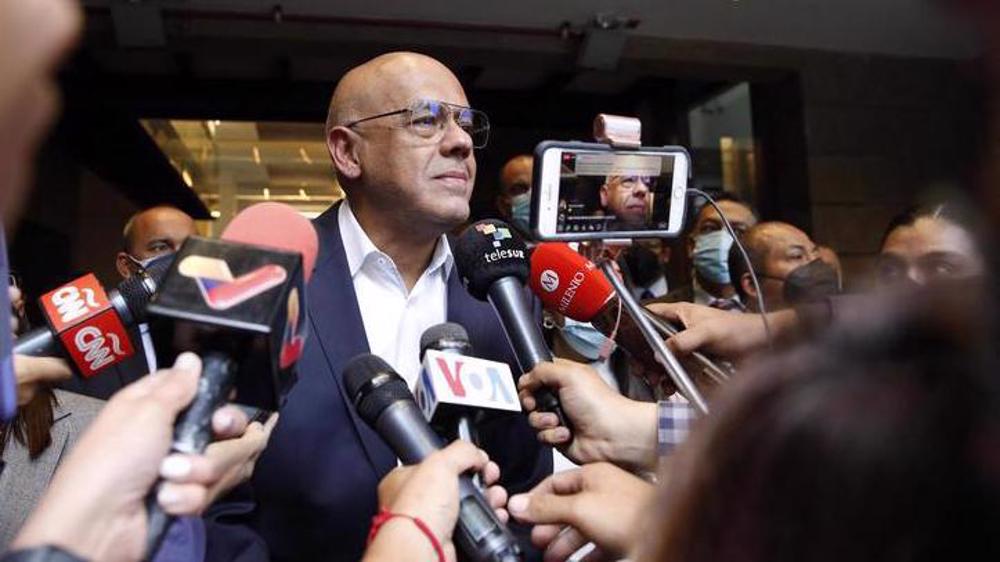
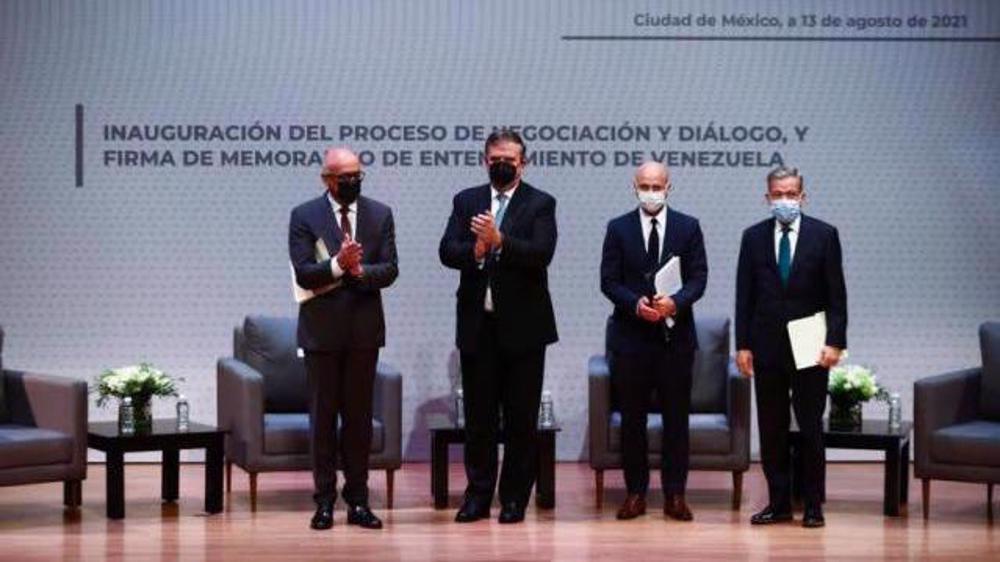
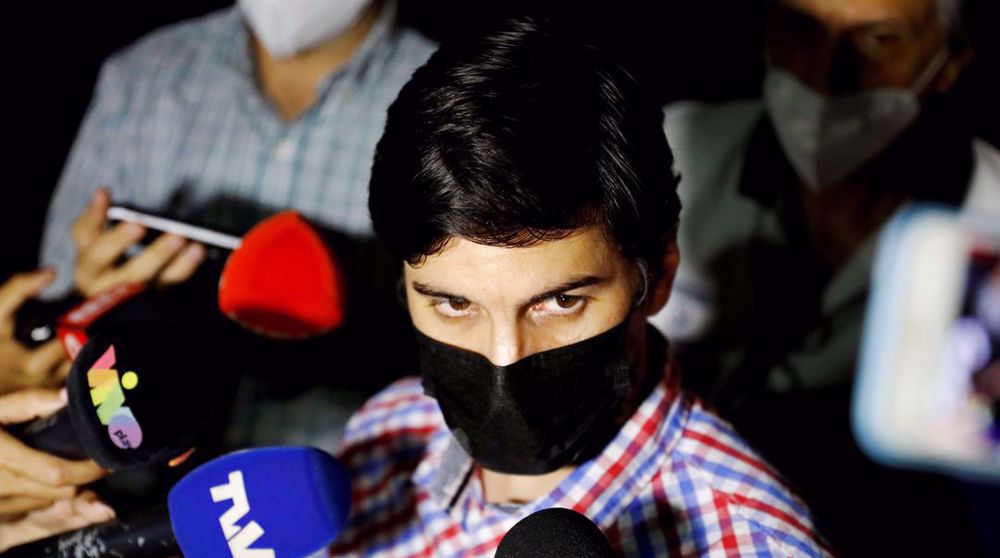



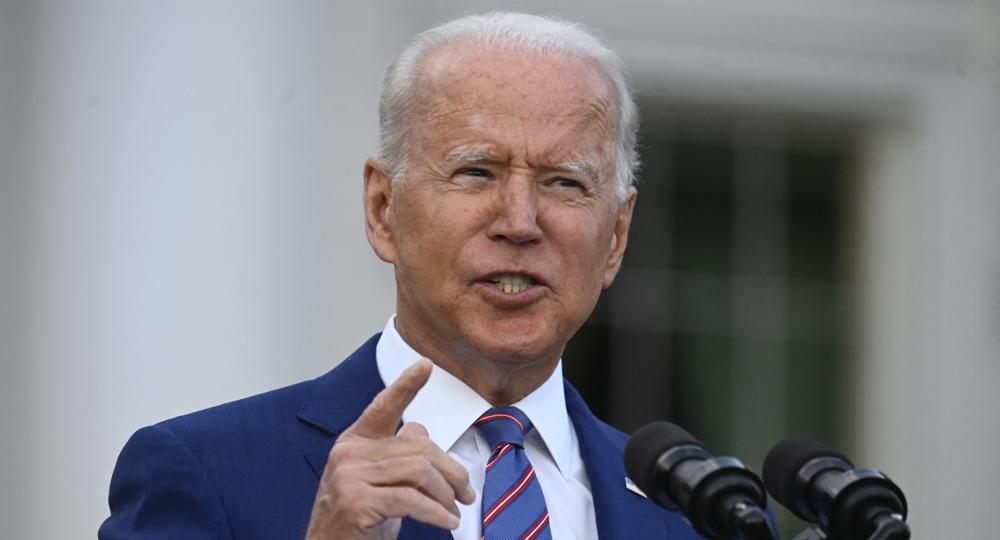
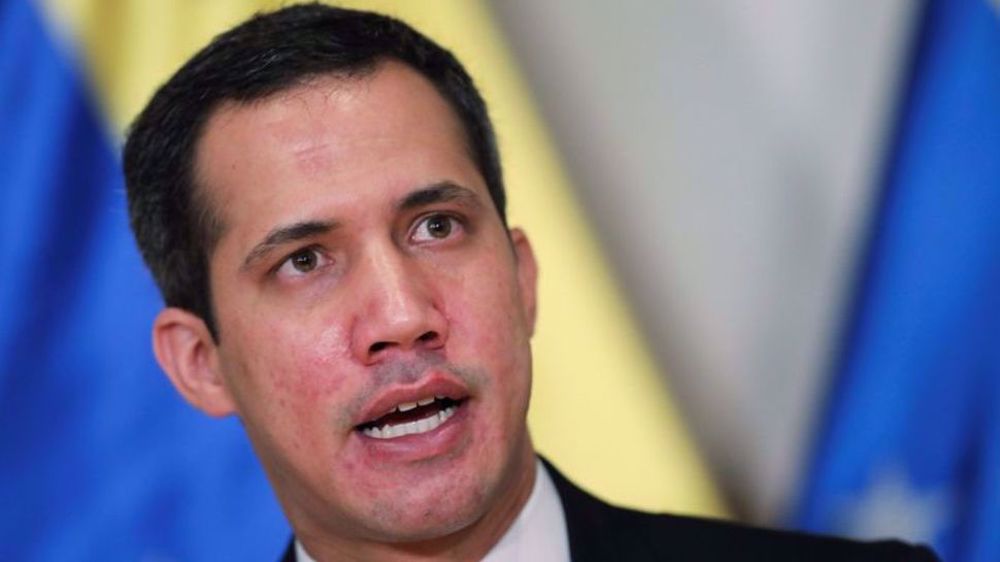

 This makes it easy to access the Press TV website
This makes it easy to access the Press TV website